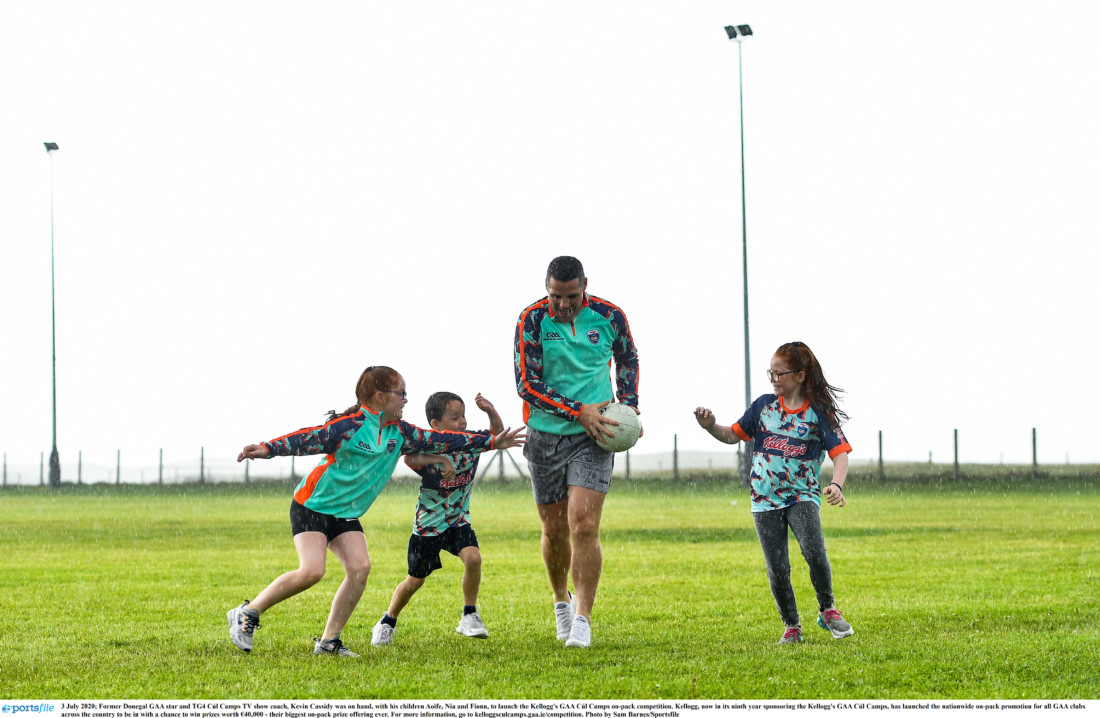YOUTH strength training is a topic of interest for many coaches and health professionals. There are many controversial opinions and myths on this issue. For example, when should you start youth strength training? What exercises should be included? How much is too much?
Scientific evidences supports participation in resistance training for youth athletes. That said, the program should be designed specifically and supervised by qualified professionals.
Children are not ‘mini-adults’, and these programs should be based on the individual athletes’ stage of development and their technical ability. Resistance training can produce significant performance improvements in muscular strength, muscular endurance, power, agility, balance and coordination to name a few, in youth athletes. These improvements will lead to enhancement in sports performance.
Strength training for youth athletes also yields many positive effects on health, which include managing body composition, weight control and a decreased risk of cardiovascular disease. In addition, it has huge improvements on psychological well-being. Moreover, strength training will help reduce the risk and occurrence of injuries by strengthening muscles and bones.
When working with young GAA athletes, you should set out a long-term plan and break this into smaller periods with short-term goals and targets. It is important to build a good base of fundamental movements during childhood or early training stages. This will help the young athlete develop more efficient motor skills, whilst simultaneously reducing their risk of injury, due to enhanced body control.
The relationship between Strength, Power and Speed
Muscular strength has a huge impact on, how fast we run, our ability to change direction at speed, how high we jump and how powerful we are.
Strength training can have a significant positive impact on the ability of young athletes to perform powerful movements. With increased muscle mass, stronger muscles and the correct training, young athletes will become faster and more robust athletes.
The strengthening of muscles and connective tissues through strength training makes young athletes capable of sustaining higher external forces, and therefore makes them less prone to soft-tissue injuries.
When should you start strength training?
When it comes to strength training, there is no age bracket when to start. Every athlete is different and will develop at different stages. We can start introducing basic fundamental movements for athletes who are as young as five or six. That said, this doesn’t mean that you should start a beginner athlete with a heavy back squat. Instead, they should start with bodyweight exercises and focus on the correct execution of the movement.
Warm-up
Any strength program should be undertaken after a proper warm-up. There are various different injury prevention programmes, or warm-ups out there that you can introduce to your sessions. For example, the FIFA 11+ warm up. This method focuses on stabilising the joints and will improving balance and has been scientifically proven to reduce the chances of injury.
Considering strength, power and speed are vital aspects of all GAA Sports, there is plenty of reason to include strength training within a youth development program.
Club player focus
In years gone by, the club player would have clocked up a fair few miles with pre-season training in full swing and looking forward to running out on to the pitch for the first friendly of the year at the end of February/March. In these strange times, the club player is left in the wilderness and in the hope that there will be competitive action in mid-summer. With uncertain times ahead, it is important we are prepared and ready to play.
For now, you should be focusing on completing quality sessions, without overtraining. Continue with the tempo runs which we mentioned previously, and start adding a little more speed and agility work into your sessions.
I would advise any player to invest in a running program that is tailored towards Gaelic games, this will give you the structure which you need to bring your game to the next level.
For guidance on a running program, or if you have any training related queries, please contact myself on 07851158364, or check us out on social media @Core Performance Gym.
Receive quality journalism wherever you are, on any device. Keep up to date from the comfort of your own home with a digital subscription.
Any time | Any place | Anywhere












